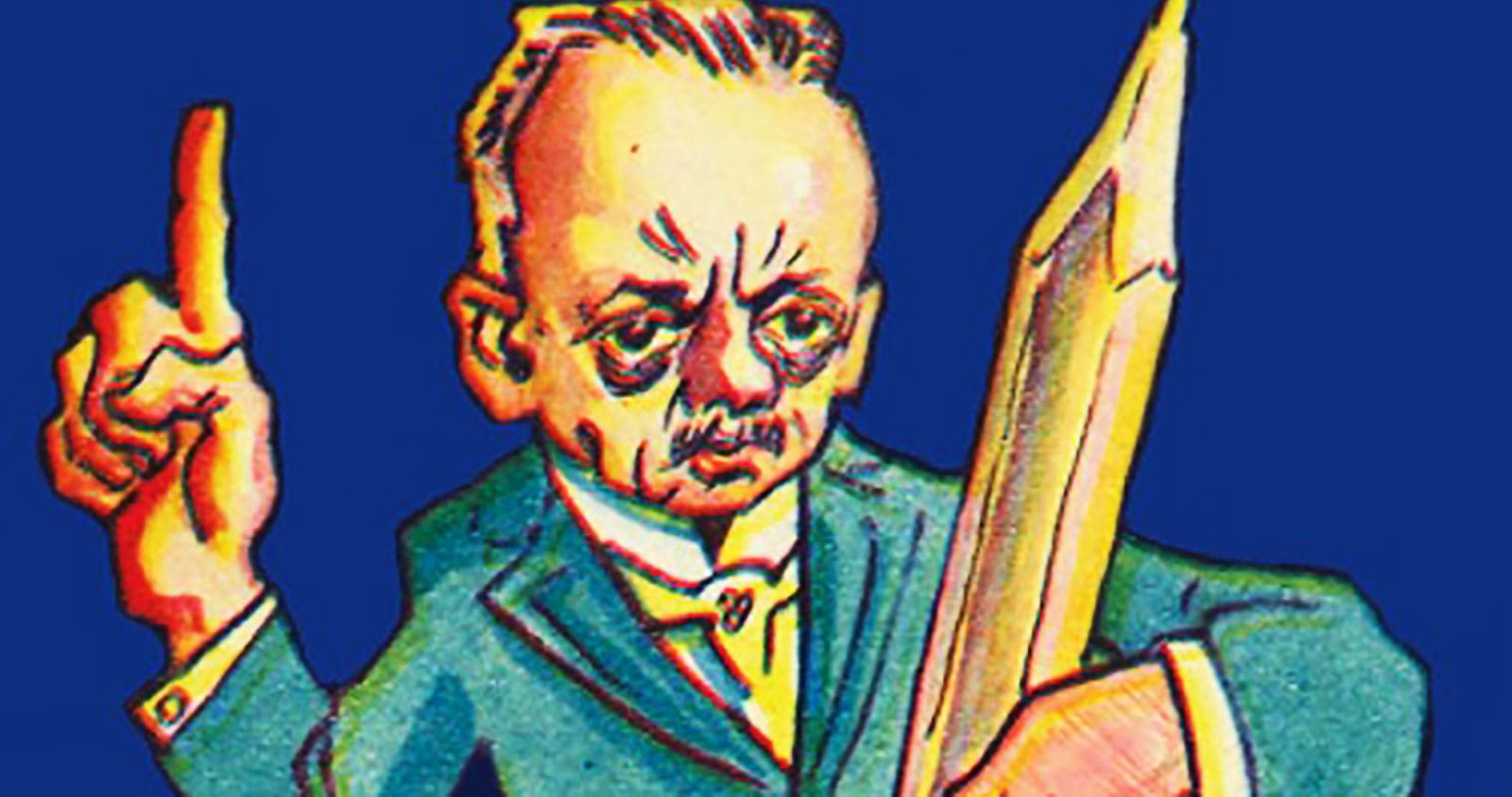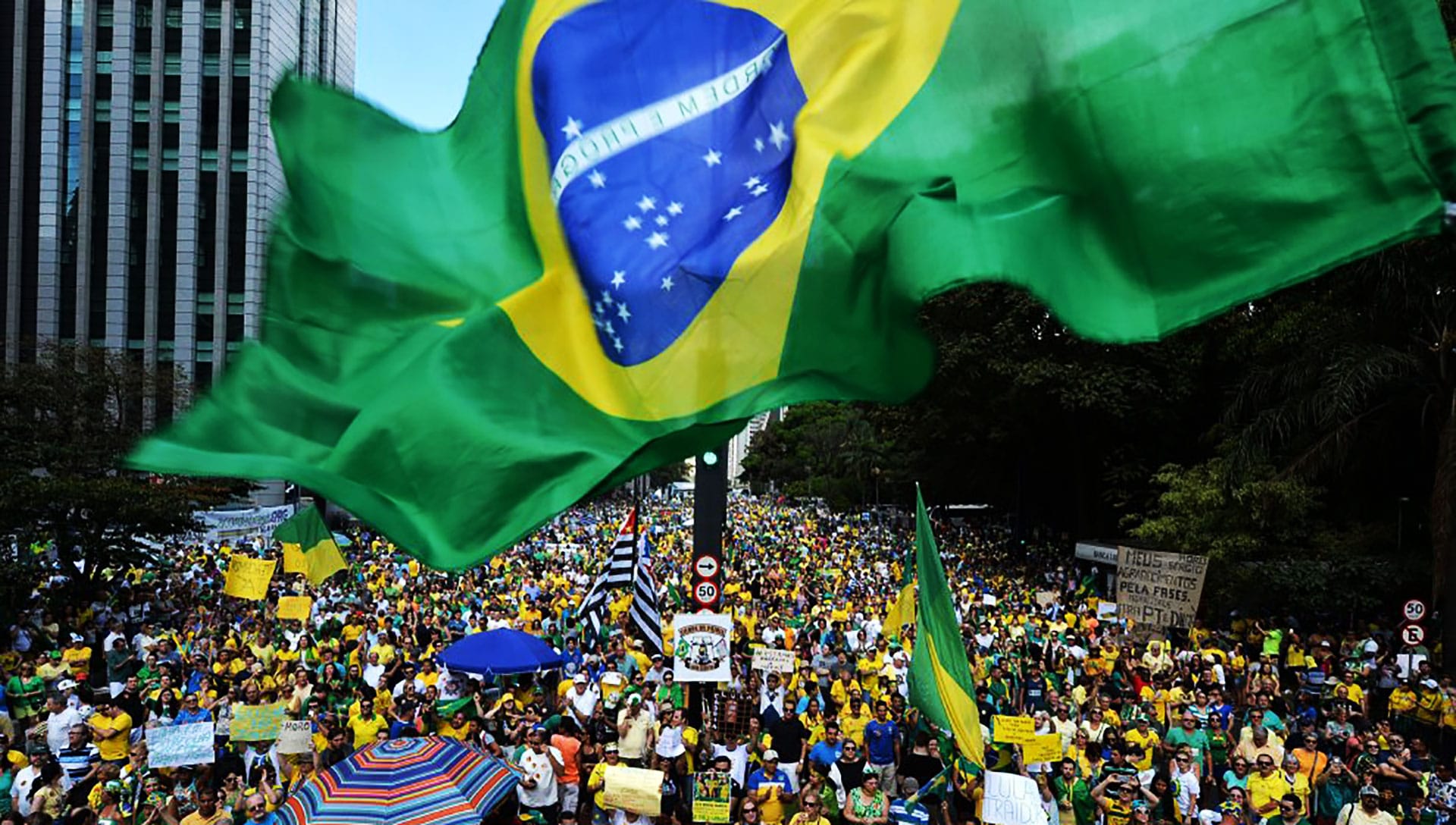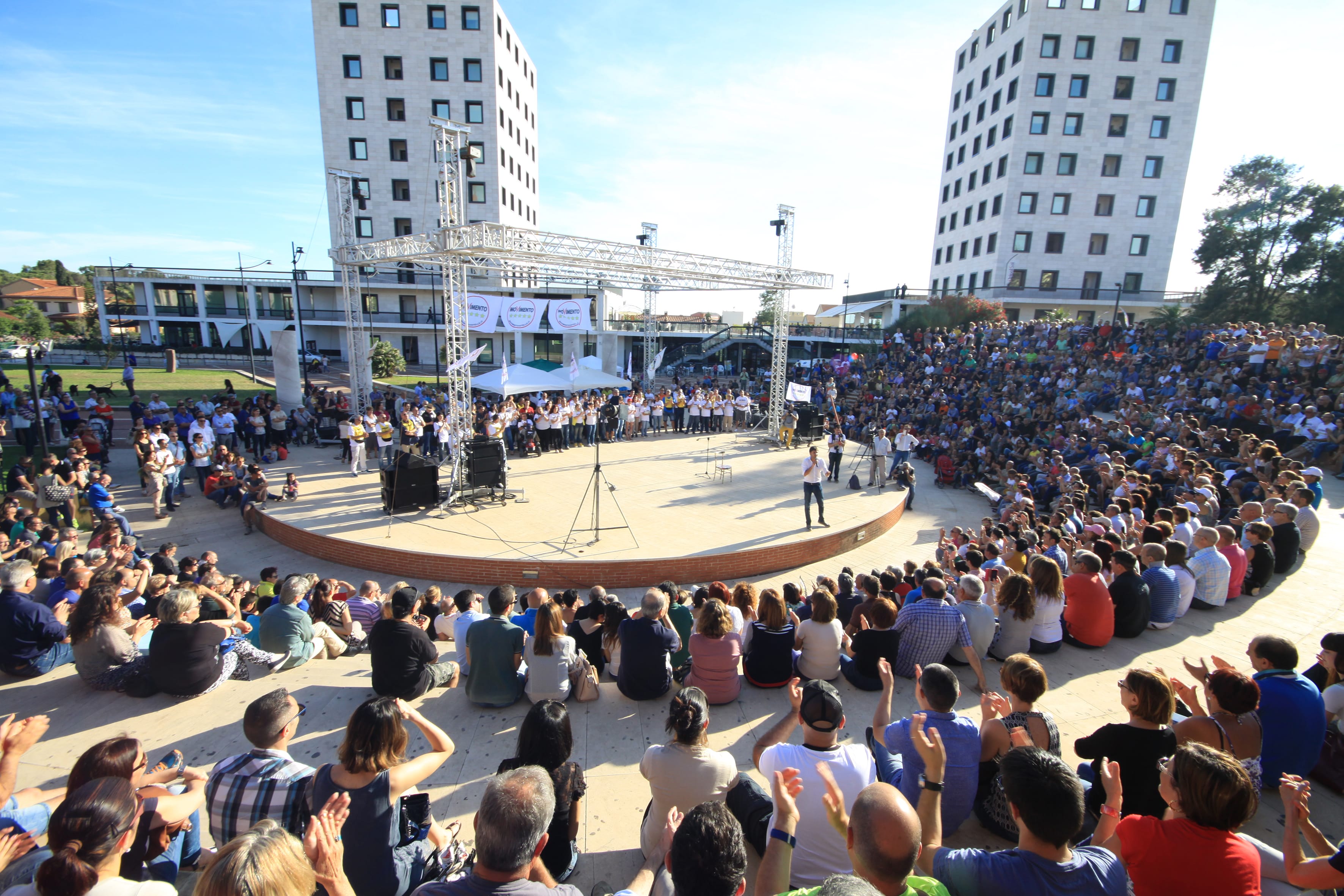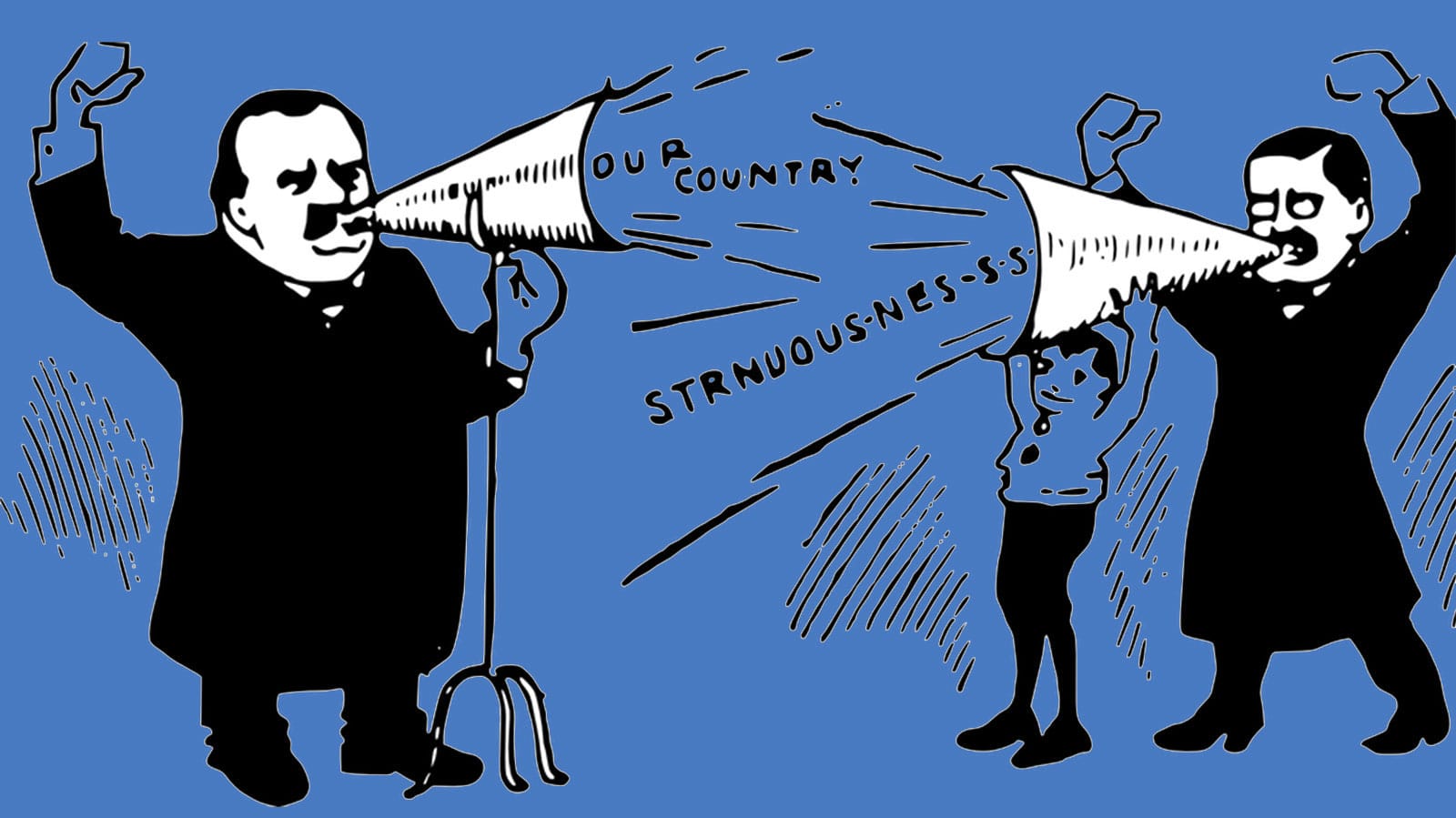Proponiamo un estratto del saggio The Nature of Populist Democracy: A Latin American Perspective di Enrique Peruzzotti, docente di Scienze Politiche presso l’Universidad Torcuato di Tella, dall’Annale Feltrinelli 2019 Thinking Democracy Now: Between Innovation and Regression. Lo studioso argentino analizza le forme in cui si è sviluppato il populismo in America Latina a partire dal XIX secolo, quando al crollo dell’Impero coloniale spagnolo seguì un percorso di emancipazione fortemente influenzato dagli ideali scaturiti dalle Rivoluzioni francese e americana.
Il populismo emerge come fenomeno inclusivo lungo una traiettoria di democratizzazione in cui si combinano principi liberali e democratici. Questo processo rimane incompiuto e genera quelle rivendicazioni che porteranno al potere Peron. Il regime peronista si presenta come vero difensore della “sovranità del popolo” in un modello di democrazia di massa che unisce elementi autoritari a spinte democratiche, in cui il consenso elettorale dovrebbe garantire un mandato assolutista al governo eletto.
E oggi? Se il Chavismo si riannoda a queste esperienze, è anche da sottolineare la differenza tra il populismo odierno, che nasce dentro un sistema democratico attraversato da crisi socioeconomiche, e il populismo novecentesco che nasceva da regimi autoritari o comunque solo parzialmente democratici.
Modern populism is an attempt to develop a democratic interpretation of the principle of identification: while the process of identification remains the defining condition for populism to come to life, modern populism demands that to be legitimate, the process of populist identification has to be electorally endorsed. Elections under populism are conceived as a “certifying mechanism” that ratifies the symbolic and affective bond than leader and people have established with one another. So while in its purest expression, identification assumes the form of a process of public acclamation where the people assemble in public to endorse a leader´s decision, modern populism requires such acclamation to be institutionally ratified. October 17, 1945, for instance, expresses that moment of acclamation in which Peronismo as a political movement comes to life. Yet, for modern populism, acclamation is not enough: to establish its democratic credentials, such process of identification has to be electorally confirmed, as it was in the 1946 election that brought Peron to the presidency.
Under populist democracy, elections are consequently placed at the service of the principle of identification. The latter entails a significant redefinition of the role that is usually attributed to elections under representative government. Elections are the crucial institutional mechanism of intermediation between people and leader. Such centrality at comes at the expense of other intermediating structures of representative government such as political parties, parliament and the public sphere which are conceived mechanism that elites resort to render the electoral verdict of the people impotent by fragmenting it into a plurality of isolated claims. In terms of Laclau, the role of representative arrangements is to prevent the production of a people, by isolating demands. That is why the populism considers that the realization of the principle of popular sovereignty requires the replacement of indirect by direct democracy and of limited government by “unlimited elected government”. The outcome is the establishment of a simpler institutional scenario in which elections stand as the paramount mechanism of political accountability. Paraphrasing Bernard Manin, elections become the quintessential institution of populist democracy: they are the democratic element in populism.
Elections at the service of identification means that they are not viewed as a mechanism to aggregate individual preferences into a momentary majority, but as a mechanism of confirmation of a pre-existing substantive popular will. Elections are the formal procedure through which a leader´s claim to embody the people is institutionally ratified. In this way, the electoral context acquires a dramatic and extraordinary character for an electoral defeat poses an existential challenge to a leader´s or movement´s claims to embody the people. Electoral plebiscitarianism establishes the monopoly of popular representation on the presidential figure or the presidentialization of parliamentary regimes. The complex system vertical electoral accountabilities that structure the interactions among different national and subnational levels of government under representative democracy gives way to one that establishes the political and institutional supremacy of the presidential figure. The other electoral instances do not disappear yet they are to play a subordinated role in relation to an Executive Power that view itself as the supreme and uncontested political authority of the country.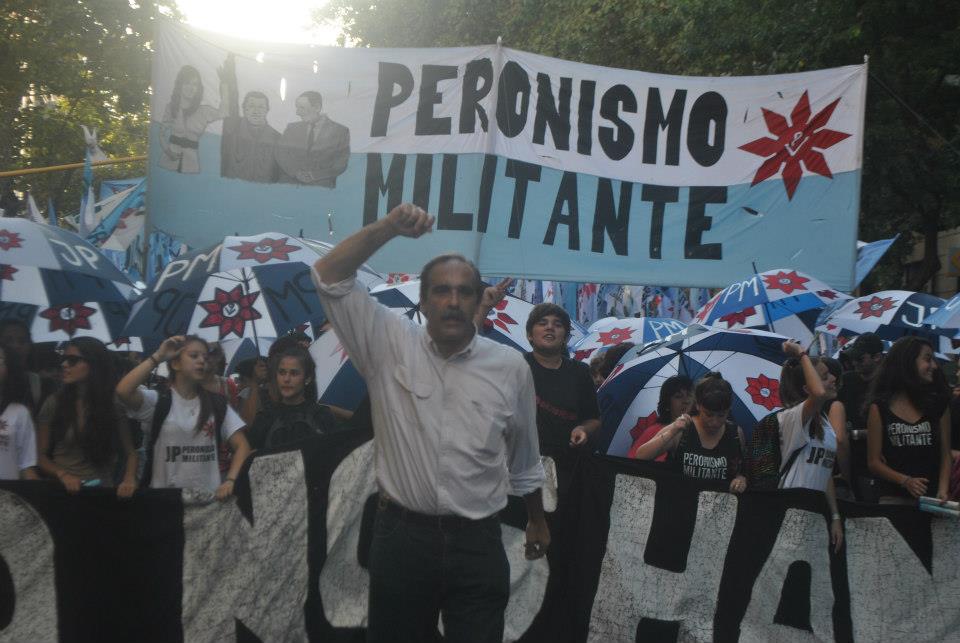
Peron conceived the electoral triumph, as a mandate that gave him the right to impose his political will over the rest of society. In his view, the victory at the polls foreclosed any ulterior bargaining or deliberation. Political representation began and ended on election day; those defeated at the urns were from then onwards to subordinate themselves to the majoritarian will produced by the election, majoritarian will that was now embodied in the person of the president. As he argued:
“It is necessary to obey whatever the majority decides, for it is the only way in a democracy to realize the will of the majority . . .. The free play of wills lasts until a decision is made. Once the decision is made, there must be an unconditional subordination to the decision of the majority” (Peron 1949: 29).
Democracy as a regime of minorities rule where elections merely produce a “numerical” majority “…incapable of undertaking any coordinate action…” is consequently replaced by a majoritarian notion of democracy in which elections confirm the existence of a prior and substantive majoritarian will that is brought to life by the leadership principle.
From citizenship to people
The shift from the principle of representation and its concomitant notion of minorities rule to that of a majoritarian democracy where the people “majestic marches” behind its leader requires replacing the liberal ideal of citizenship based on individual rights with the populist understanding of the people as a unified collective actor. The liberal notion of citizenship is incompatible with populism for it is predicated on the universal recognition of all members of a polity. The populist concept of the people, instead, is built upon the non-recognition of a part of the polity. Ernesto Laclau defines the people as a part that conceives itself as the totality and thus denies legitimacy to its adversaries: “there is no populism, Laclau argues, without the discursive construction of an enemy”. The latter results in the building up of an internal frontier dividing the society into two irreconcilable camps that are inimical to the citizenship principle of political equality.
If the people are the only legitimate subject, then there is no need for representative mediated politics. Elections merely suffice to determine who incarnates the people and consequently who is responsible for enacting its will. If there is only one legitimate constituency (the people), then there is no need for the intricate institutional framework of “minorities’ management” that characterizes representative polyarchies. The electoral verdict replaces the dynamics of intermediation of a plurality of claims that characterizes the political dynamics of contemporary representative regimes.
From the latter it becomes evident that all populisms are exclusionary. Even the so-called inclusionary forms of populism fell short when compared with the universalizing logic of recognition that structures the open-ended dynamics of representative politics. In the former, processes of social incorporation are frequently accompanied by exclusionary practices against their opponents setting a dynamic of expansion/retraction of rights that is inimical to the universalistic impulse of a democratic understanding of citizenship.
Populism in Democratic Times
Chavismo represents a contemporary reenactment of the Peronist democratic model. Hugo Chavez stands next to Juan Domingo Peron as the epitome of populist leadership. Like Peron, Chavez was a political outsider that rose to prominence due to a military coup. As Peron, he made a successful turn to electoral politics that brought him to the presidency in 1998. As Perón, Chavez denounced the previous “partydocracy” as the main obstacle to democracy and once in power engaged in a radical plesbicitarian restructuring of the political system. The election of Chavez to the presidency in December 1998 initiates the demise of the representative order established by the Punto Fijo pact in 1958 and its replacement by the Fifth Bolivarian Republic. On April 1, 1999 Chavez held a referendum to convene a constituent assembly to write a new constitution. The elected constituent assembly declared itself “legally omnipotent” and not only produced a new constitutional text but dismantled the elected Congress and assumed legislative functions and intervened the Judiciary. With the institutionalization of the Bolivarian Republic, Chavez establishes a democratic hybrid that replicates in amplified form some of the features of the Peronist regime.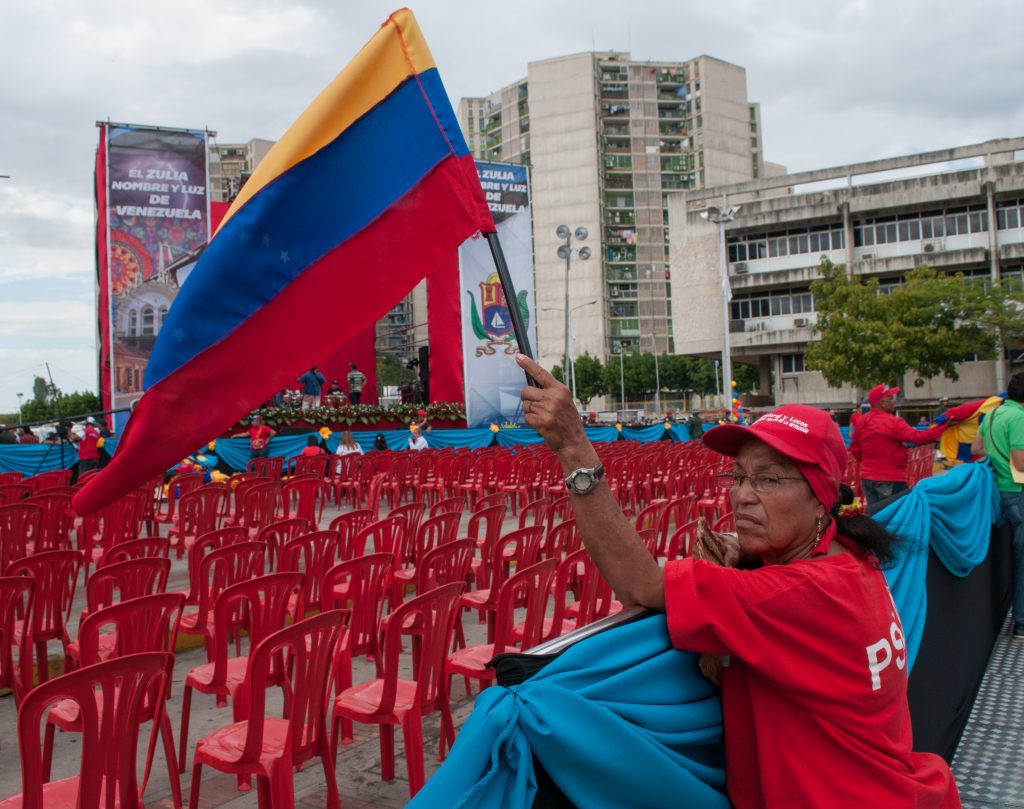
Chavismo inaugurated a populist wave throughout the continent bringing populist administrations to Argentina, Bolivia, Ecuador and Nicaragua. A distinguishing feature of the present wave that differentiates it from the one that gave birth to modern populism, is that today´s populism emerges within an already democratized region. Modern populism was an offspring of authoritarian or semi-democratic contexts, contemporary populism of democratic ones. The first came to address a crisis of incorporation while the latter one of representation.
There are important variations regarding the democratic context in which contemporary populism operates. A crucial difference is whether a form of military authoritarianism that left a legacy of massive human rights violations preceded the democratic order. In those particular cases, the transitions to democracy could not be dissociated from a liberal cry for limited government. Under such conditions, the holding of free elections was not enough to render a regime democratic (as was the case under modern populism). Elections have to be complemented with rule of law institutions. The forms of human rights and social accountability politicization that are present in many of the region´s civil society openly challenge populist forms of self-understanding. It is no coincidence that the most paradigmatic expressions of contemporary populism arose on those societies that had had not experience that sort of military authoritarianism: Venezuela, Bolivia and Ecuador. By contrast, the populist impulses of the Kirchner´s in Argentina found strong institutional, electoral and civic resistance that contributed to halt their initiatives at reforming the judiciary, the public sphere or the electoral system.
At the same time, contemporary populism arises due to the existence of acute political and economic crisis that indicate the failure of liberal representative regimes at political accountability. Populism is a response to the crisis of those societies´ party systems. However, the populist plesbicitarian response to such crisis might pose more problems than solutions, as it has become evident in today´s Venezuela. The fact that they operate in a democratic setting further undermines the foundational aspirations. Governmental efforts at consolidating a populist regime are likely to encounter varied degrees of resistance that might force those administrations out of power by electoral means (Argentina and Ecuador), constrained the leader´s aspirations (Bolivia) or openly defy the regime´s attempt at authoritarian consolidation (Venezuela). In brief, the liberal winds that the transitions from authoritarianism introduced in the region have made it more difficult for populist administrations to consolidate an openly illiberal regime due to the activation of formal and informal democratic mechanisms.







